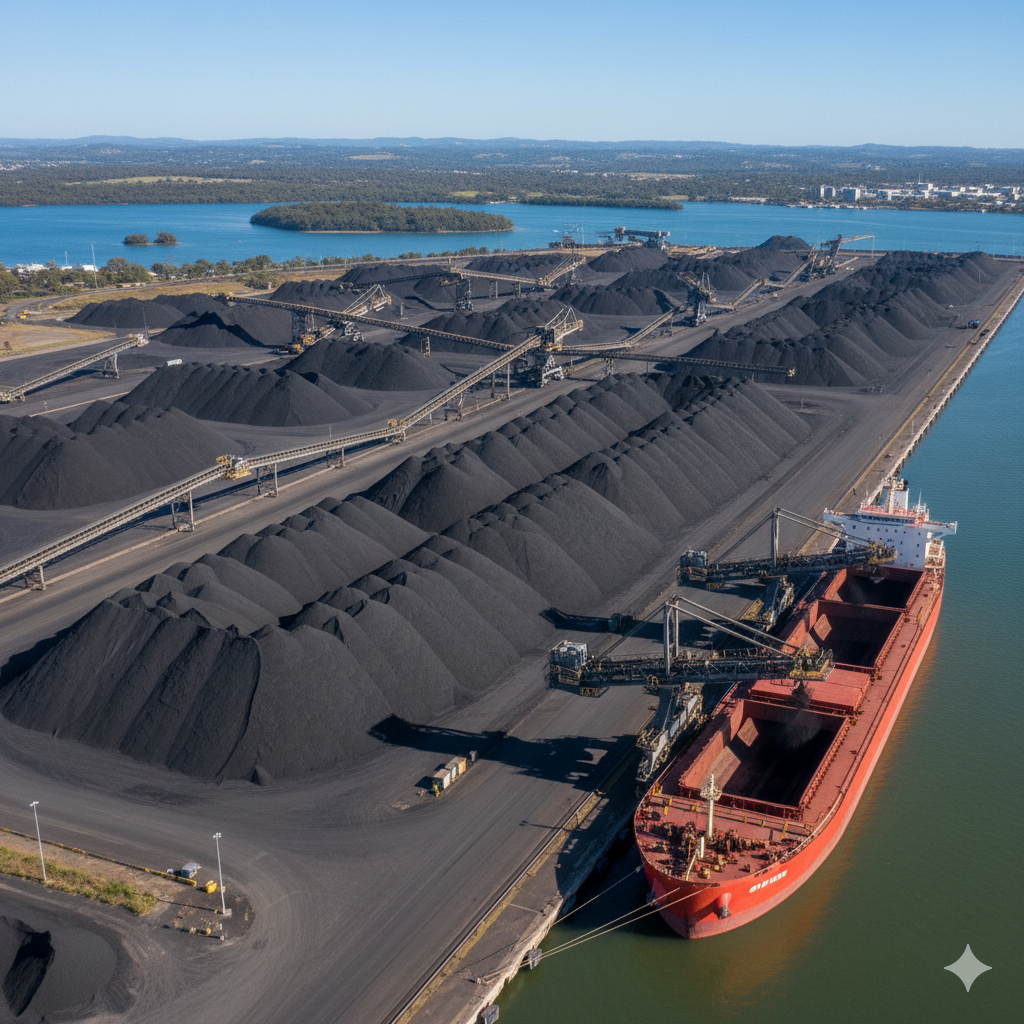
AMSA New exemptions relating to corrosive properties of solid bulk cargoes
AMSA has issued temporary exemptions EX5717 and EX5718 to address issues with the standard C.1 test for assessing the corrosive properties of solid bulk cargoes. These exemptions, valid until June 30, 2019, allow for alternative and modified testing methods while a new, refined test is being finalized by the IMO. Specifically, EX5717 allows a modified test for mineral concentrates, and EX5718 permits the use of the DIN 50929-3 standard for iron ore, coal, and bauxite.

Moisture Management Plan for Group A cargoes
The IMSBC Code is a key international rule for shipping solid bulk cargoes. It focuses on the risk of liquefaction in certain cargoes, known as Group A, which can happen if their moisture content is too high. Shippers must have a Moisture Management Plan to prove their cargo is safe, and this plan needs approval from the port's Competent Authority. Recent amendments to the Code, including for coal and ilmenite sand, highlight the ongoing importance of this compliance.

MARPOL Annex V – Management of residues of Solid Bulk Cargoes
The MARPOL Annex V convention is a key international agreement for preventing marine pollution from ships. It requires that residues of solid bulk cargoes be managed based on whether they are classified as Harmful to the Marine Environment (HME) or non-HME.
A cargo is considered HME if it meets any of the seven criteria from the UN GHS, which relate to a substance's potential for aquatic toxicity, carcinogenicity, or other long-term environmental and health risks. This classification is crucial, as HME residues must be disposed of at a port facility, while non-HME residues can be discharged at sea under specific conditions. To ensure compliance, the IMSBC Code now specifically requires shippers to declare if a cargo is HME, making proper classification more important than ever for environmental safety.
